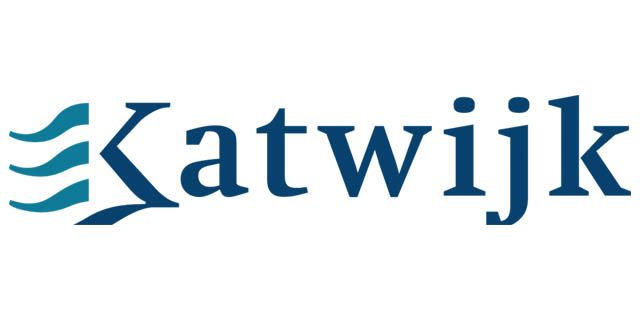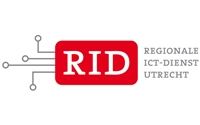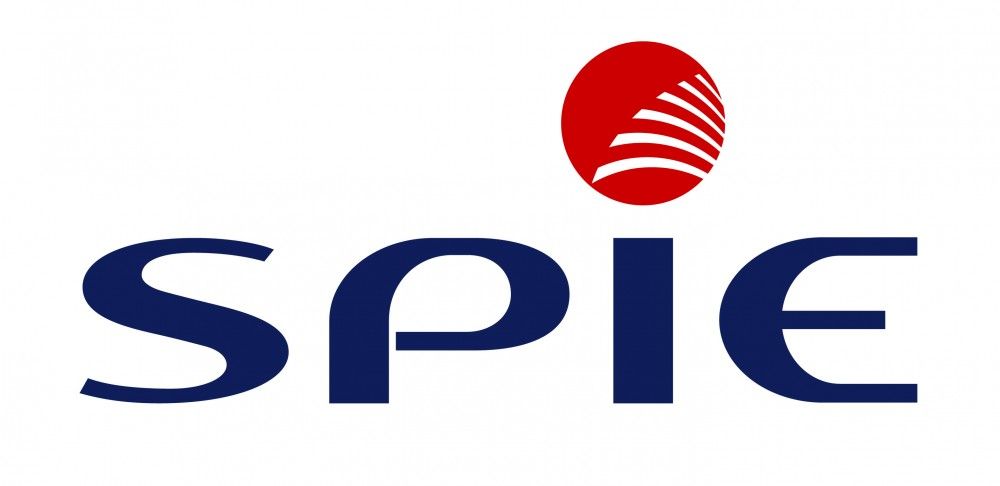Cursusbeschrijving
This five-day instructor-led course provides students with the necessary knowledge to successfully design and deploy Microsoft System Center 2012 Operations Manager (SCOM). In this course, students are introduced to the basic theory of service monitoring. They will also learn about configuration, deployment, monitoring, and operation of Operations Manager 2012
{tab Doelgroep}
This course is for IT Professionals who already have some prerequisite technical knowledge and want to learn the skills necessary to implement a comprehensive service monitoring system for their production environment. This course is also for IT Professionals who want to learn how to communicate relevant business information about the operational status of the IT environment.
{tab Voorkennis} Before attending this course studentsmust have knowledge of:
- Windows Server 2008 R2 operating system.
- Active Directory Domain Services (AD DS).
- Experience with PowerShell and SQL Server and SQL Server Reporting Services.
- Familiarity with data center management processes.
- Previous work with IT Infrastructure Library (ITIL).
- Previous work with Microsoft Operations Framework (MOF).
- Knowledge of the product(s) that you plan to monitor
{tab Certificering}
Deze SCOM cursus heft geen officieel Microsoft examen of certificering.
{tab Overige informatie}
This course will be delivered with digital courseware. In order to have the best learning experience you are asked to bring your own second screen to view the courseware. A second screen includes: tablets and laptops.
{/tabs} {slider Cursusinhoud|closed} Module 1: Introduction to System Center 2012 Operations Manager
- History and Evolution of System Center
- System Center 2012 Product Suite
- System Center 2012 Licensing
- System Center 2012 Operations Manager
After completing this module, students will be able to:
- Explain the history and evolution of System Center
- Differentiate between each of the System Center 2012 products
- Describe System Center 2012 licensing
- Identify the purpose and function of Operations Manager 2012
Module 2: Plan for Service Monitoring
- Introducing ITIL and MOF
- Designing the Service Monitoring Process
- Documenting the Service Monitoring Process
After completing this module, students will be able to:
- Provide an overview of ITIL and MOF
- Design and document a service monitoring plan
Module 3: Plan an Operations Manager 2012 Deployment
- Defining the Operations Manager 2012 Core Components
- Designing for High Availability
- Defining Core Hardware and Software Requirements
- Designing Network Device Monitoring Requirements
- Designing UNIX/LINUX Monitoring Requirements
- Designing Windows-Based Monitoring Requirements
After completing this module, students will be able to:
- Define what a management group and its components are
- Design a highly available System Center 2012 Operations Manager environment
- Plan and design the necessary hardware and software components
- Describe the necessary components for network device monitoring
- Describe the necessary components for UNIX/LINUX-based server monitoring
- Implement Windows-based server monitoring
Module 4: Deploy Operations Manager 2012
- Reviewing Environmental Prerequisites
- Installing Operations Manager 2012
- Verifying Operations Manager 2012 Installation and Additional Configuration
- Creating and Using Run As Accounts
- Implementing Active Directory Integration
- Designing and Implementing Role-Based Administration
After completing this module, students will be able to:
- List the environmental prerequisites needed to install Operations Manager 2012 and Active Directory accounts
- Describe how to install and configure a management group and its components
- Verify the successful implementation of basic management group components
- Create and use Run As accounts
- Design a role-based administrative model
- Explain what Active Directory Integration is
Module 5: Deploy the Operations Manager 2012 Agent
- Reviewing the Operations Manger 2012 Agent
- Deploying the Operations Manager 2012 Agent
- Introducing Agent Failover
After completing this module, students will be able to:
- Explain the agent architecture
- Explain agent deployment methods
- Describe what Active Directory auto assignment is
- Describe how the agent will handle a primary management server failure
Module 6: Deployment and Administration of Monitoring (Management) Packs
- Introducing Monitoring (Management) Packs
- Understanding Most Commonly Used Monitoring (Management) Packs
- Modifying and Expanding Monitoring (Management) Packs: Overrides
- Monitoring (Management) Pack Administration Best Practices
After completing this module, students will be able to:
- Explain what a monitoring (management) pack is
- Describe the components of a monitoring (management) pack
- Explain how to obtain a monitoring (management) pack
- Deploy monitoring (management) pack
- Explain the difference between sealed and unsealed monitoring (management) packs
- Override a monitoring (management) pack
- Describe best practices for monitoring (management) pack administration
Module 7: Tune Monitoring (Management) Packs
- Introducing Alerts
- Tuning a Monitoring (Management) Pack
- Using Operations Manager Baseline Monitors and Rules
- Documenting Changes to Monitoring (Management) Packs
After completing this module, students will be able to:
- Describe alerts
- Describe the monitoring (management) pack tuning process
- Describe baseline monitors and rules
- Document overrides
Module 8: Monitor Administration
- Exploring the Operations Console – Monitoring Pane
- Administering Alerts
- Exploring Agent-Based Monitoring
- Customizing the Monitoring Pane
After completing this module, students will be able to:
- Navigate the monitoring pane in the Operations console
- Investigate an alert
- Use Health Explorer
- Explain maintenance mode
- Describe and create Views
Module 9: Advanced Monitoring
- Monitoring Network Devices
- Monitoring UNIX/LINUX-Based Computers
- Monitoring .NET-Based Applications
- Expanding Operations Manager 2012 Monitoring
After completing this module, students will be able to:
- Monitor network devices
- Monitor UNIX/LINUX-based computers
- Monitor .NET-based applications
- Monitor distributed applications
- Expand monitoring by using monitoring (management) pack templates
Module 10: Reports
- Using Operations Manager 2012 Reporting
- Administering Reports
- Customizing Reports
After completing this module, students will be able to:
- Understand how Operations Manager 2012 Reporting and SQL Server Reporting Services work together
- Manage default Operations Manager 2012 reports
- Create customized reports
Module 11: Notifications and Operations Manager 2012 Maintenance
- Introducing Alert Notifications
- Designing Maintenance and Disaster Recovery
After completing this module, students will be able to:
- Describe and configure Operations Manager 2012 notifications
- Plan and perform routine maintenance
- Create a disaster recovery plan
Module 12: System Center 2012 Integration
After completing this module, students will be able to:
- Describe System Center 2012 Integration
{slider Doelstellingen}
After completing this course, students will have the skills necessary to manage Operations Manager for maximum business benefit. This course incorporates case studies and hands-on learning opportunities so students can practice applying business solutions to real-world scenarios.
After completing this course, students will be able to:
- Identify the requirements for installing System Center Operations Manager 2012
- Install System Center Operations Manager 2012 and verify a successful installation
- Understand the server roles
- Identify the required hardware and software to support System Center Operations Manager 2012
- Install the System Center Operations Manager 2012 database and Management Server
- Navigate the Operations Console
- Identify the workspaces
- Install the Web Console and monitor using the Web Console
- Identify the view types and create a views as different user-roles
- Identify the different Operator accounts and how they are used
- Configure and override management group and agent settings
- Create notifications, channels, subscribers and subscriptions
- Configure automatic installations settings
- Perform manual installation and approval of agents
- Understand how a management pack is used and Identify the relationship between management packs
- Importing and exporting management packs into the management group
- Creating and sealing Management Packs
- Installing and Configuring SQL Reporting Services
- Installing Operations Manager Reporting
- Creating and Viewing Reports
- Configuring Exception Monitoring
- Managing Clients
- Understand the challenges and benefits of Audit Collection Services
- Install Audit Collection Services
- Configure Forwarders and Collectors
- Import ACS Reports
- Understand Synthetic Transactions and Distributed Applications
- Create Distributed Applications
- Understand how to monitor Non-Microsoft Platforms
- Use Cross-Platform Extensions
- Multi-Home agents
- Understand how SCOM treats Untrusted Environments through Gateway Server
- Understand Multi-Tiered environments and their necessities
- Plan Backup and Restore
- Perform Backups and Restores
- Planning Recovery Strategies
{/sliders}
Meer weten over dit onderwerp?
Benieuwd naar de mogelijkheden van een cursus? Vraag vrijblijvend meer informatie aan en we sturen je binnen 24 uur meer informatie op over het desbetreffende onderwerp.


























